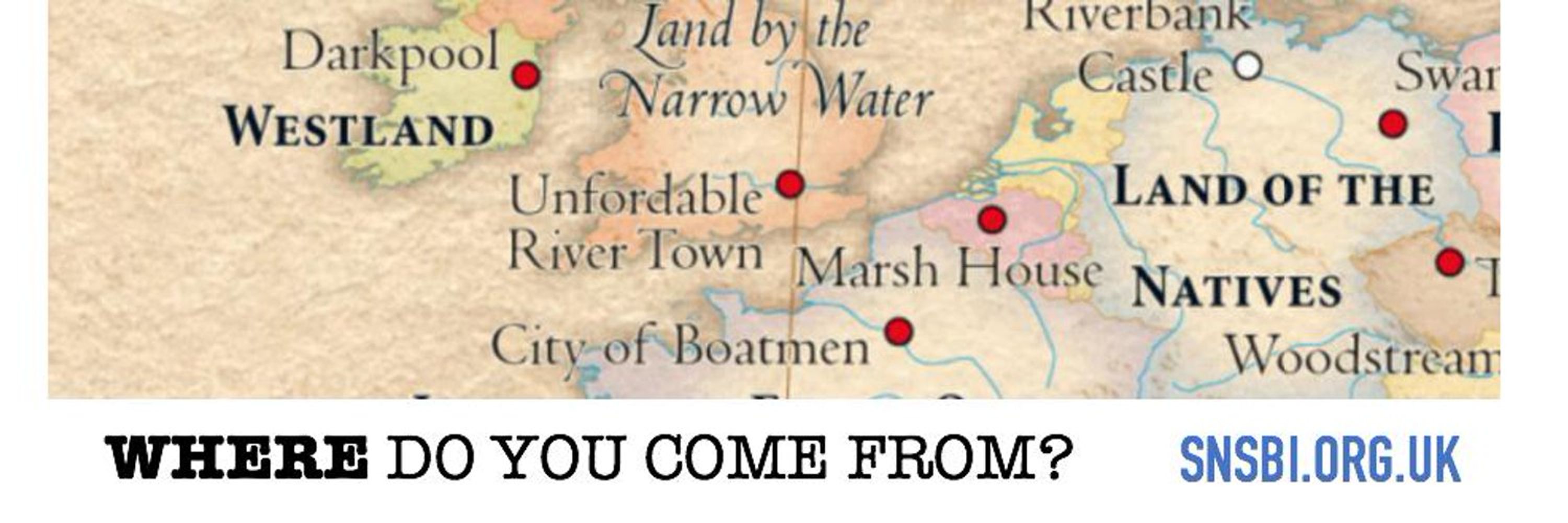The Society for Name Studies in Britain and Ireland
@snsbi.bsky.social
69 followers
52 following
45 posts
The Society for Name Studies in Britain and Ireland. Follow us for updates on events, publications and other name-related news. https://www.snsbi.org.uk/index.html
Posts
Media
Videos
Starter Packs




